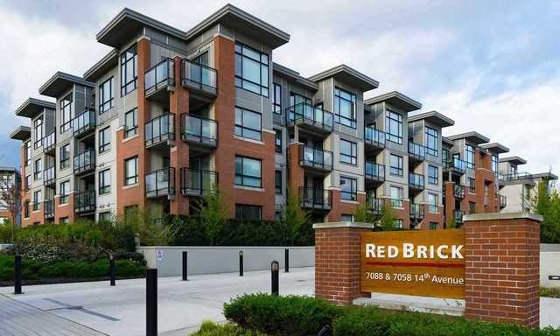
A bustling suburb of Vancouver, Burnaby offers its residents all the modern conveniences of city living with access to some of the most peaceful green spaces in the Metro Vancouver region. Not only does Burnaby combine natural landscapes with urban amenities, but Its populace reflects an eclectic milieu of cultural influence. Indeed, the global atmosphere of Burnaby ensures its residents enjoy a variety of restaurants, night life, entertainment, and shopping. So, when it comes to real estate, it should come as no surprise that Burnaby condos for sale are among the most attractive to potential buyers.
Burnaby spans a large geographic region and features four main centres – Metrotown, Brentwood, Edmonds, and Lougheed. Each of these centres offers an impressive variety of condos for sale, from shiny new high rises that provide incomparable views of the city and surrounding mountains to quaint, comfortable condos that offer more suburban surrounds. Whatever your personal preference, you’re sure to find the perfect home among the many Burnaby condos for sale.
Metrotown is bordered by Boundary Road to the west, Imperial Street to the south, and Roal Oak Avenue and Burke Street on the east and north respectively. With a growing population that has more than doubled since the early 80s, Metrotown is generally considered the main centre of Burnaby. Low and high rise condos are plentiful and with access to the main shopping district of Burnaby, these condos are an appealing choice for those that prefer an urban lifestyle.
Located north of Metrotown, Brentwood real estate includes an impressive variety of high rise condos with stunning views of the North Shore mountains as well as the City of Vancouver. Brentwood Mall is another popular shopping destination and residents of this neighbourhood also benefit from easy access to Hastings Street where you’ll find a great variety of restaurants and amenities.
In the north-east quadrant of Burnaby, you’ll find the Lougheed centre. Once again, Lougheed Mall is easily accessed for all your shopping needs and you’re sure to enjoy Korean cultural influences in the many restaurants nearby. Housing in Lougheed runs the gamut, but real estate is dominated by townhouses and low-rise condos.
Finally, Edmonds is located in the south-eastern corner of the city and represents a younger populace than other neighbourhoods. Again, Edmonds features a range of townhouse and low-rise condos. Excellent public transportation with a Skytrain station and several bus routes serving the area make Edmonds a great commuter location.
If you’re interested in Burnaby condos for sale, look no further. Check out our impressive listing of condos and you’re sure to find exactly what you’re looking for. Burnaby is a growing urban centre with first-rate amenities and facilities and some of the finest real estate in Metro Vancouver.

